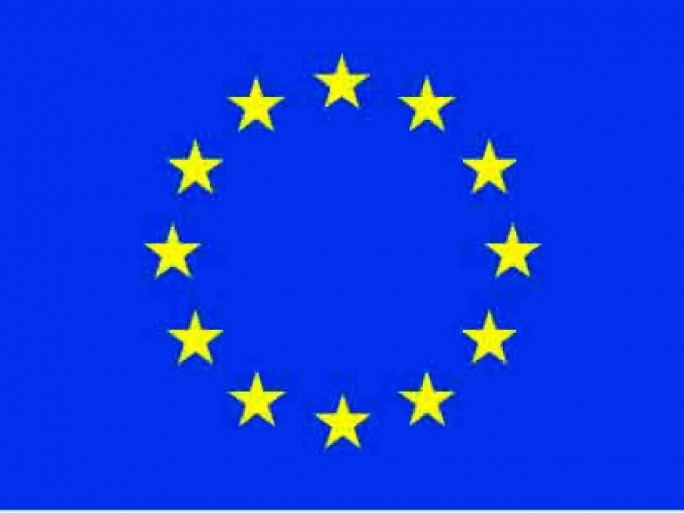Euro crisis to knock gradually growing global economy

OECD: European countries must work together
The global economy is gradually improving but its recovery could be hit by the current crisis in the Eurozone, a report by the Organisation for Economic Co-operation and Development (OECD) has warned.
In its latest Economic Outlook the organisation warned that the the Eurzone crisis has the potential to derail the good work in the US and emerging countries, which are enjoying a growth spurt.
Speaking at a conference call, Pier Carlo Padoan, OECD’s Chief Economist said: “The outlook is looking encouraging for the US economy where growth is driven by private sector demand.
“The emerging economy is growing at a healthy rate.”
However he warned that the “Euro area remains the single most serious risk to the economy.”
The organisation pointed out that unemployment was high in this area. It said, however, that although GDP growth across the OECD was projected to slow from an annual rate of 1.8 percent in 2011 to 1.6 percent in 2012, it would recover to 2.2 percent in 2013.
Over in the Euro danger zone it forecast that GDP would contract by 0.1 percent this year, before picking up to 0.9 percent in 2013.
“The crisis in the Euro zone remains the single biggest downside risk facing the global outlook,” Padoan added.
The OECD pointed out that both business and household confidence is weak and financial markets are tight.
It said that if the problem wasn’t rectified then healthier economies would suffer as they are not strong enough to offset Europe’s flat or negative growth.
To ensure this does not happen, the OECD said there had to be some rebalancing in the European markets.
“In the south of Europe countries must adjust their competition, while in the north dryer wages are needed,” Padoan said.
He also suggested that the European Investment Bank should create funding for infrastructure projects, while the European Central Bank should enhance its balance sheet and lower interest rates.
The organisation, which is due to attend the European Union summit in Brussels, said that leaders could stimulate growth by finding a careful balance between spending cuts and revenue increases with a reform agenda – specifically targeted at supporting employment, reducing inequalities and protecting the weakest segments of the population.